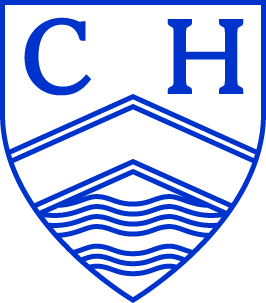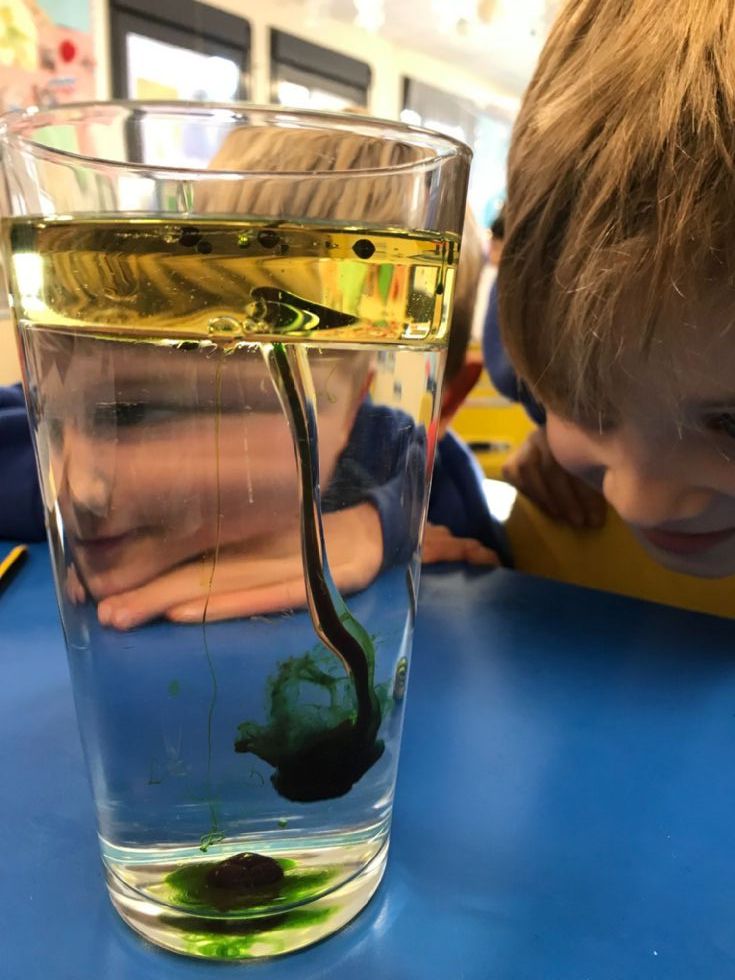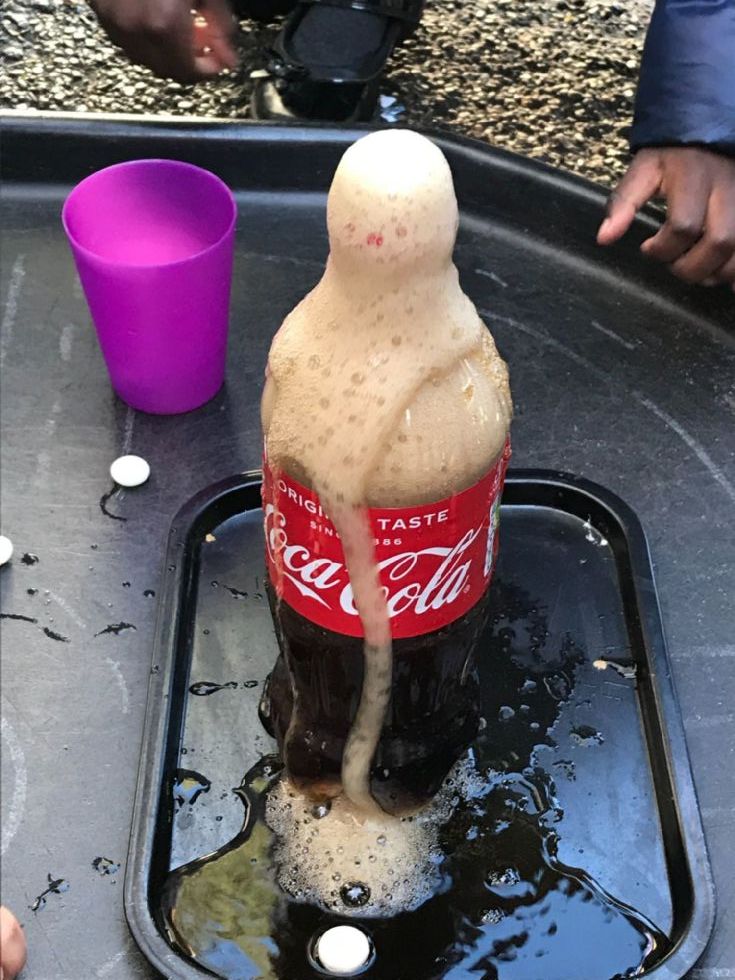Science
Science Vision: Learn together what it is to be a scientist, grow together in our knowledge and understanding of our natural and physical world.
Curriculum Intent
Our staff agrees that we want children to:
-
be excited and curious about the physical and natural world around them and to be keen to explore and ask questions;
-
build up a body of scientific knowledge and understanding covering at least the content of EYFS Development Matters and the National Curriculum KS1;
-
investigate and analyse the physical and natural world using both first hand and secondary sources, to begin to develop key investigative skills and to begin to use and appreciate the significance of the 5 types of enquiry as outlined in the KS1 National Curriculum;
-
communicate scientific ideas effectively using standard English and simple scientific vocabulary;
-
experience science as relevant to their lives and begin to appreciate the importance of science in improving our lives; we also want them to begin to see the need to care for our natural world.
Curriculum Implementation
All staff have a clear and ambitious vision for providing high quality teaching of science for all children. Our curriculum is designed to provide:
-
a clear learning progression from Foundation Stage and through KS1, each year building on prior knowledge, understanding and skills, with an important focus in Foundation Stage on vocabulary and experiencing natural processes, and in KS1 on developing scientific skills (investigative skills and the key types of enquiry) alongside knowledge and understanding which is at least as ambitious as the KS1 NC.
-
the knowledge and understanding, taught as a distinct subject, yet often creatively embedding within cross-curricular topics and themes to make it relevant to the children;
-
opportunities for children to be specifically taught each of the scientific investigative skills and to experience the key types of enquiry; importantly these skills are taught within the framework of the teaching of knowledge and understanding to give them meaning and purpose.
-
regular oral and written modelling of the use of simple scientific vocabulary within standard English with opportunities for children to express themselves both verbally and in writing; also repeated opportunities to revisit knowledge, vocabulary and understanding so as to address misconceptions and practise and consolidate what they have learnt.
-
opportunities to build science capital and to encourage the beginnings of independent discovery and research, such as welcoming visitors, running clubs, school trips and offering home challenges.
The topics covered as outlined in the National Curriculum:
Year 1 – Seasonal Changes, Everyday Materials, Plants, and Animals including Humans
Year 2 – Living Things & Their Habitats, Uses of Everyday Materials, Plants and Animals, including Humans
Oracy in all subjects
Our curriculum design allows for as many speaking opportunities as possible as our teachers understand that speaking and listening are at the heart of language. Not only are they the foundations for reading and writing, they are also essential skills for thinking and communication. Our teachers are role models for good spoken English, using ambitious vocabulary and correct grammar. Children are encouraged to read aloud, discuss ideas with their peers and teachers, engage with and learn new vocabulary to extend their spoken and receptive vocabulary.
For home learning about science, activities and resources, check out these useful links:



